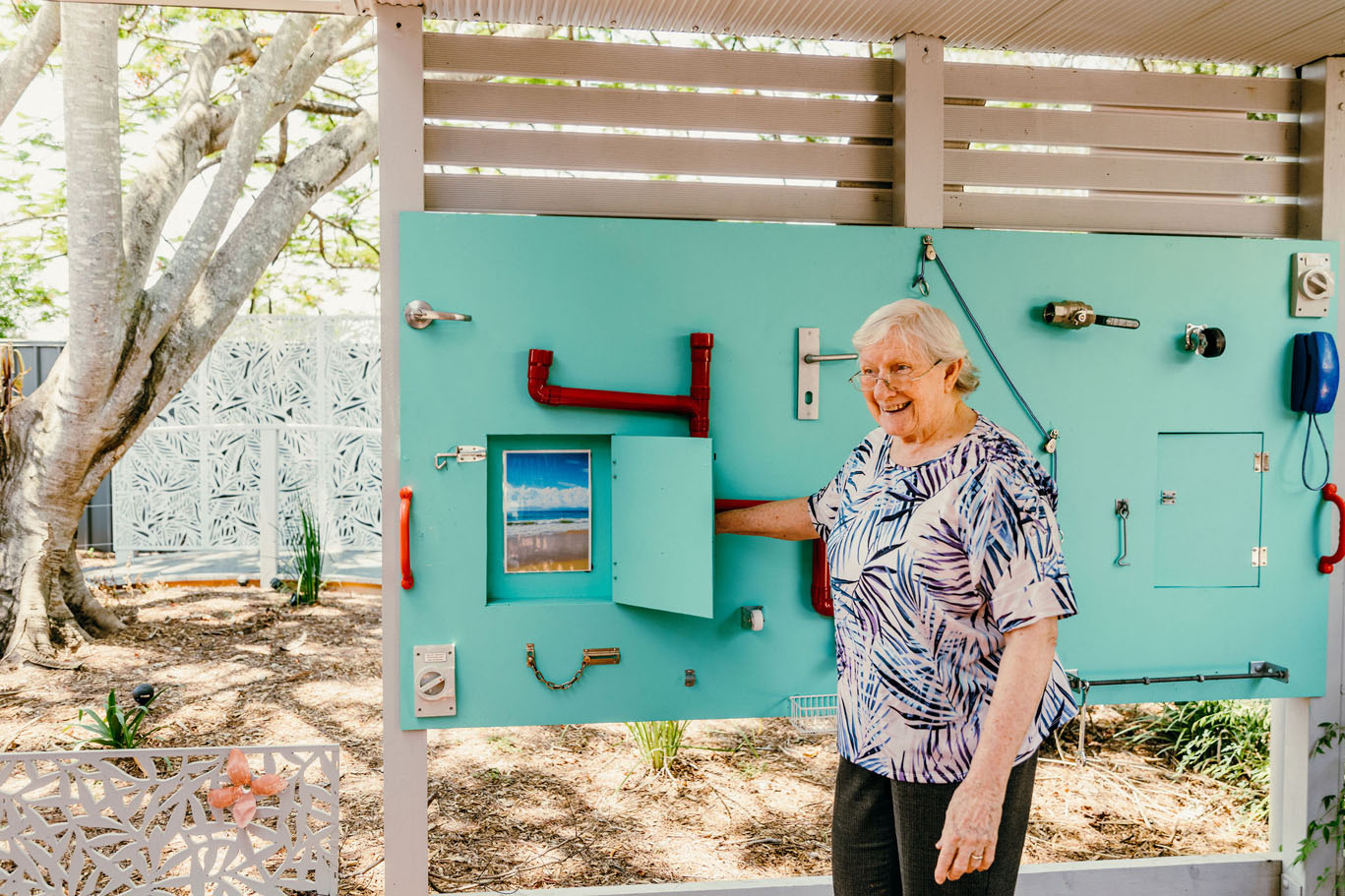20 Aged Care Interview Questions You Could Get Asked (And How to Answer Them)
Common aged care interview questions | How to answer them
Posted 19th April 2024 | 5 minute read
Written by Jesse Gramenz 

Stepping into an interview room can be daunting. But by mastering your answers to some of the most common aged care interview questions, you can present yourself as the best candidate for the job. So, let’s get started.
Common Aged Care Interview Questions
The career questions
These will be about your career in general. Know your resume like the back of your hand. Make sure you can talk through your work experience fully and be able to talk through your roles and positions.
- Can you walk us through your previous experience in aged care?
- What specific skills have you developed in your past roles that are applicable to this position?
- What motivated you to pursue a career in aged care?
Read on:
The team questions
Here is where a recruiter will want to see how well you work as a part of a team. In aged care, that's incredibly valuable. If you're a team player who communicates openly and backs up the people you're working with -- you'll incredibly valuable to an aged care organisation.
- Explain a time where you collaborated with a team to develop a resident's care plan.
- Share your experience in training or mentoring new staff and helping them become part of the team.
- Share an instance where you learned a new care technique from a team member.
- How do you stay updated with the best practices in aged care?
- Can you describe your experience with providing personal care to the elderly?
The skill questions
If you don't have the skills, you can't do the job. Pretty simple. And it's incredibly important for aged care. Expect to get scenario-based questions of how you would apply your skills to particular situations in care.
- What is your understanding of dementia, and how do you care for someone with this condition?
- Tell us about a time when you had to communicate difficult news to a resident or their family.
- What is your approach to handling family concerns or complaints?
- What strategies do you use to manage your time effectively when caring for multiple residents?
- How do you approach end-of-life care and support for residents and their families?
- Can you share an experience where you had to adapt quickly to a change in a resident’s health status?
- How do you ensure the dignity and respect of the elderly individuals you care for?

Skills for working with people who have dementia are in high demand. If you get a question about dementia care, make sure you have a response or experience ready to go 📷 St Vincent's Care Carseldine
The 'tough situation' questions
Every interview has them. Interviewers are going to ask where you've been in challenging situations and how you reacted and what you learned.
Times that you were stressed. Times that you had to think on your feet. Times you had to help resolve aggressive behaviours in residents or challenging conversations with families.
Think about those times and what you learned from them -- they're sure to come up in the interview at some point!
- How do you handle situations where an aged care resident refuses help?
- Describe a time when you dealt with a challenging behavior from a resident. How did you handle it?
- Describe a situation where you resolved a conflict with a colleague over resident care.
- Discuss how you provided support to your team during an emergency.
- Talk about a contribution you made to a team process that improved care quality.
How to answer questions
There’s no one-size-fits-all answer for how to answer some of the tough questions in an interview, but the STAR (Situation, Task, Action, Result) technique can be a helpful framework for structuring your responses to aged care interview questions.
Situation: Begin your answer by setting the context for your story. Describe where you were working, what your role was, or what the specific circumstance was. Make sure it’s relevant to the question.
Example: "At my last job in a residential care home, I was faced with a situation where one of our residents, who had Alzheimer’s, was becoming increasingly agitated and refusing to eat or take medication."
Task: Explain what your responsibility was in that situation. What did you have to do? What was the challenge? This part of your answer should really clarify what your specific role and duties were.
Example: "My task was to find a way to calm the resident down and ensure they received their medication and nutrition. Their well-being was my priority."
Action: Detail the actions you took to address the task. Focus on what you did, how you did it, and any skills you used. This is the most important part of your response, as it demonstrates your problem-solving skills and personal involvement.
Example: "I used my training in dementia care to approach the situation with empathy. I engaged the resident in a conversation about their favorite music, which helped to soothe their anxiety. I also coordinated with the kitchen to adjust meal times slightly, which made the resident feel more relaxed and willing to eat and take their medicine."
Result: Conclude with the outcome of your actions. What happened because of your actions? What did you learn? This part shows your ability to change situations for the better.
Example: "Because of the changes, the resident became less stressed and more cooperative during meal and medication times. Their health stabilized significantly over the next few weeks. This experience reminded me that to deliver great care, I have to flexible, particularly when it comes to residents with dementia."
What if I'm not sure what to say?
1. Take your time to respond
Taking your time with a pause can actually help you in the interview:
- It shows you care about what you're saying
- It makes you feel more confident and in control of the interview
Important to remember: Your pauses aren't as long as you think they are! Try doing a mock interview with someone you know. Take time to answer questions and ask them if they think your pauses felt awkward or long.
2. Lean on your past experience
Talk about something you've done. Or your shared experience with your workmates:
- 'I haven't experienced that personally, but I've had colleagues who have. So, in that situation I would....'
- 'I'm not sure what I would do in that situation, but if I didn't know I would ask and follow up straight away...'
3. Be honest
If you're making an answer up, it'll likely be very obvious to the person interviewing you.
- Ask if the interviewer can rephrase or clarify their question
- If you don't know the answer, explain your process for how you would find out the answer
There's no easy answers when you're caught off guard with a tricky question. But take your time and be honest, and you can turn a difficult moment into a win with the interviewer.
Parting Thoughts
By thoroughly preparing for aged care interview questions, demonstrating empathy, and showing a sound understanding of the aged care role, you're positioning yourself as a valuable asset to any team. Do your prep and you'll set yourself apart from other candidates. So, have fun and good luck!
- Home
- 20 Aged Care Interview Questions You Could Get Asked (And How to Answer Them)